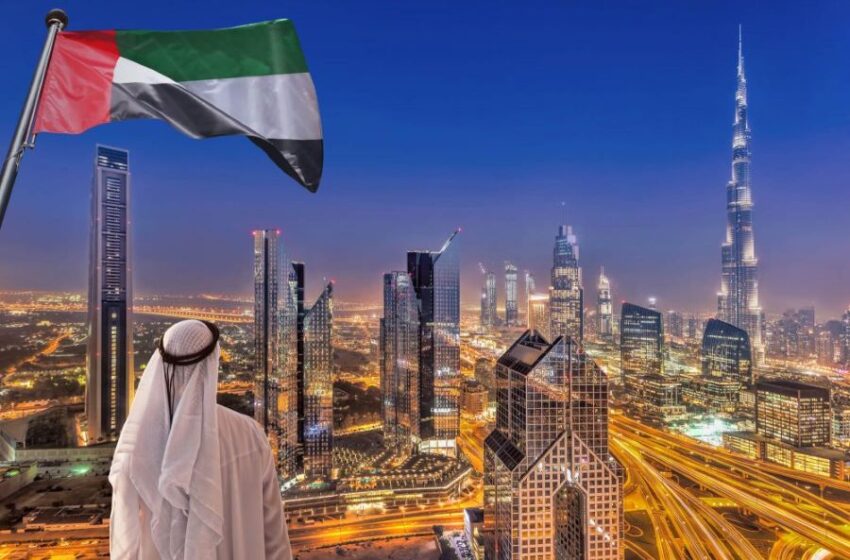
UAE’s Non-Oil Sector Resilient Amidst Softening Growth in October
The UAE’s non-oil business activity saw a modest increase in growth during October, driven by an overall increase in business activity as companies pushed to meet rising demand and contain backlogs, according to latest findings of the S&P Global’s UAE Purchasing Managers Index (PMI).
The UAE’s headline PMI rose to 54.1 last month from 53.8 in September, still above the 50 threshold separating growth from contraction, but below the readings of the first half of 2024, S&P Global said.
The business sentiment picked up from September’s 18-month low, with firms expecting growth continue over the coming year. This was also helped by the rate of input cost inflation dipping to the lowest since April.
Driving the PMI higher was a sharper expansion in activity levels at non-oil companies in October. Following September’s three-year low, the pace of growth improved to the quickest since April, as firms often raised output in response to higher sales volumes, healthy work pipelines and robust client numbers.
More than a quarter of survey respondents (28%) posted a rise in activity over the month, whereas just 4% saw a decline.
Intakes of new work increased in October, but the rate of growth dropped to its weakest level in 20 months. Firms often stated that demand momentum was showing signs of waning, with some even seeing sales fall due to strong market competition.
More Jobs
Softer new business growth contributed to a weaker rise in employment numbers, which was notably the mildest recorded in two-and-a-half years. Input purchasing growth remained sharp however, particularly as businesses faced further efforts to overturn the recent trend of backlog accumulation.
This trend persisted in October, but eased slightly, as firms reported an increase in work-in-hand that was one of the least-marked for nine months.
The slower rise in backlogs was aided by a stronger improvement in supplier delivery times. Nevertheless, with inputs rapidly used to complete both new and existing work, there was little change in firms’ overall stocks, extending the general run of inventory stagnation that has been observed since July.
On prices, the latest survey data was more encouraging, as non-oil firms reported the softest increase in overall input costs for six months.
A slowdown was recorded for both purchase prices and wages, with the latter registering the weakest pace of inflation in almost a year. Nevertheless, some firms reported higher prices for materials, equipment and office supplies.
Business sentiment improved in October following September’s 18-month low, yet remained at one of its weakest levels in 2024 so far. Firms were generally hopeful that activity and demand growth will be resilient, in part supported by strong sales pipelines. Conversely, uncertainty and high competition were both noted as headwinds to growth.
David Owen, Senior Economist at S&P Global Market Intelligence, said that a softening of new business growth in October added to signs that the non-oil economy is losing strength after a robust growth period in late-2023/early-2024.
Firms in the survey panel frequently indicated that crowding in the market was eating into sales, and hitting job creation which slipped to a 30-month low. Firms reduced their output prices for the first time in six months in a bid to try and reverse this slowing sales trend.
“Positively, this came at the same time as input price pressures softened, likewise to a six-month low. The main factor keeping the PMI above its previous reading was an expansion in business activity, which accelerated notably, albeit from September’s three-year low,” he noted.
Dubai PMI
Non-oil companies in Dubai registered a slower improvement in operating conditions during October. At 53.2, the headline PMI was down from 54.1 in September and at a three-month low, contrasting with a slight pick-up in growth across the UAE as a whole.
New business intakes rose at the softest rate since the beginning of 2022, as a number of panellists cited tougher market conditions and increased numbers of competitors. The pace of employment growth also ticked down, but output growth accelerated slightly to a five-month high.
Similar to the overall UAE picture, Dubai non-oil firms posted a drop in average selling prices for the first time since April, linked to strong competition. Input costs rose further, but with the pace of inflation sliding to the softest in seven months.















